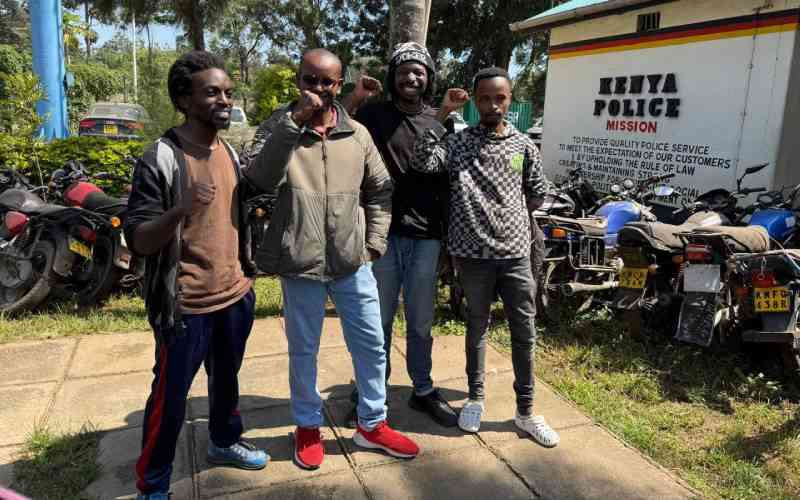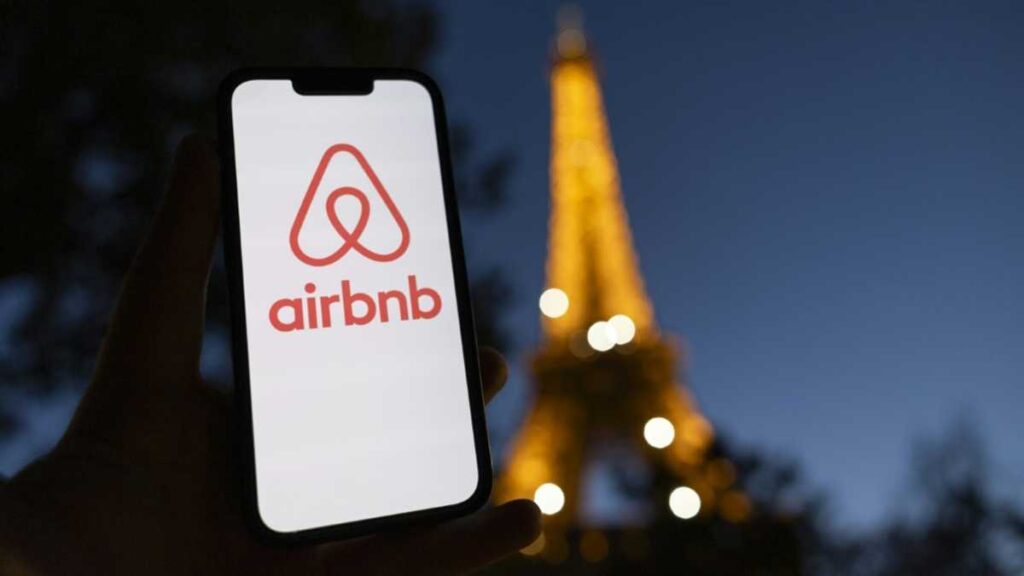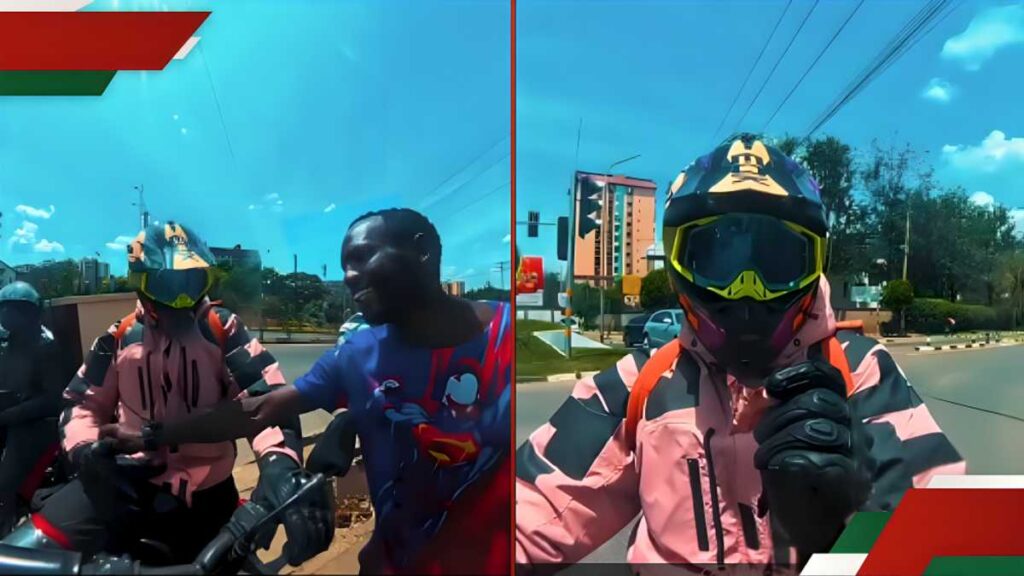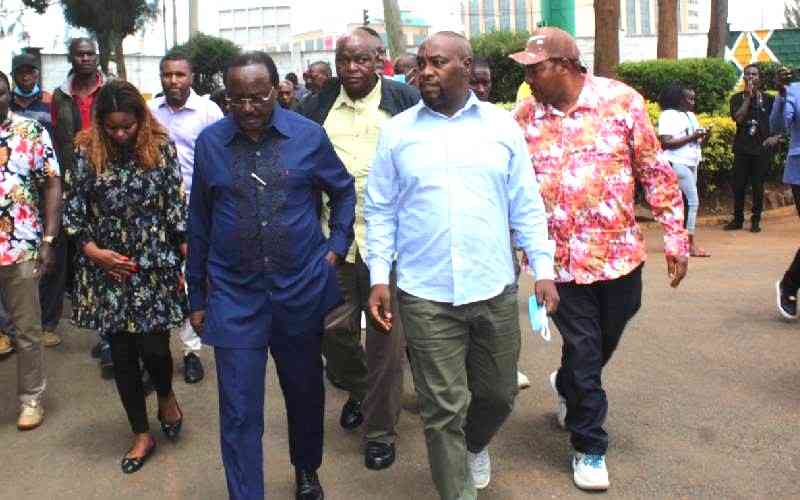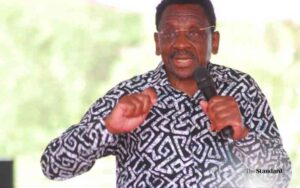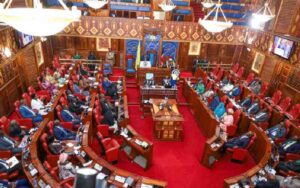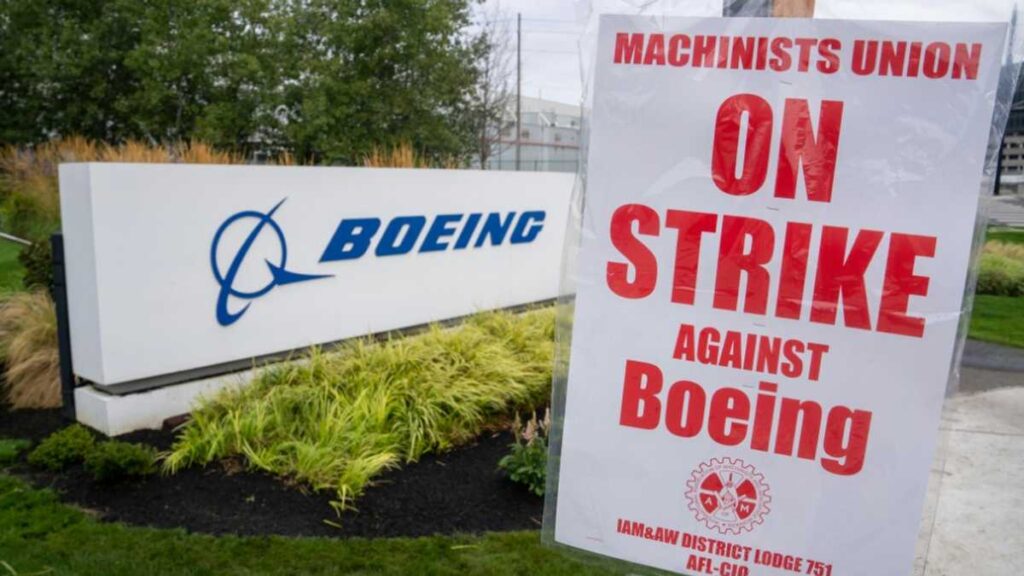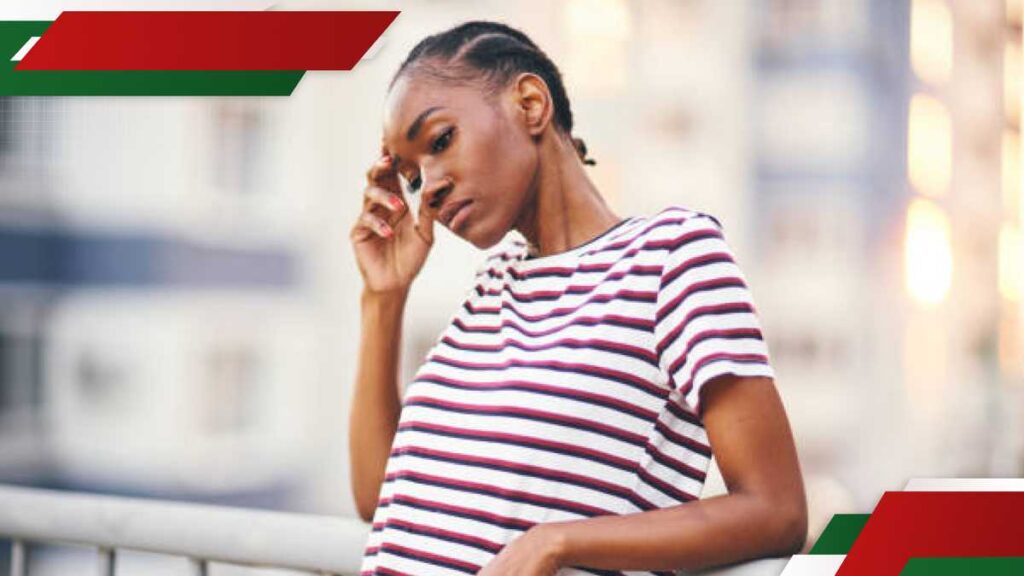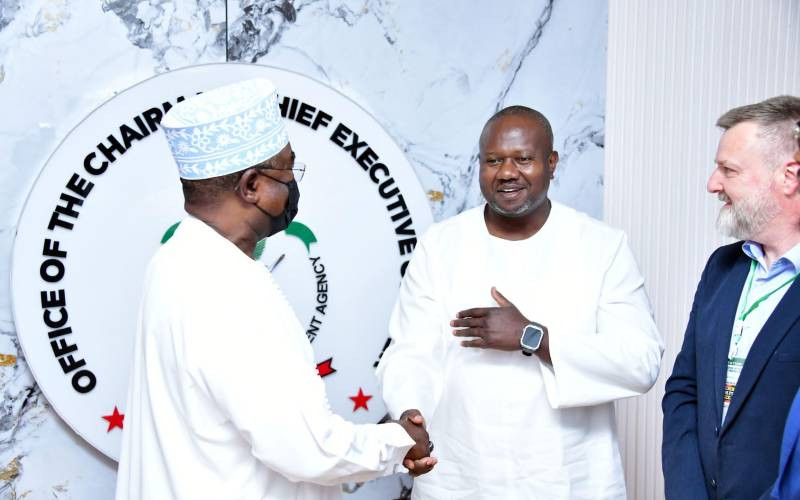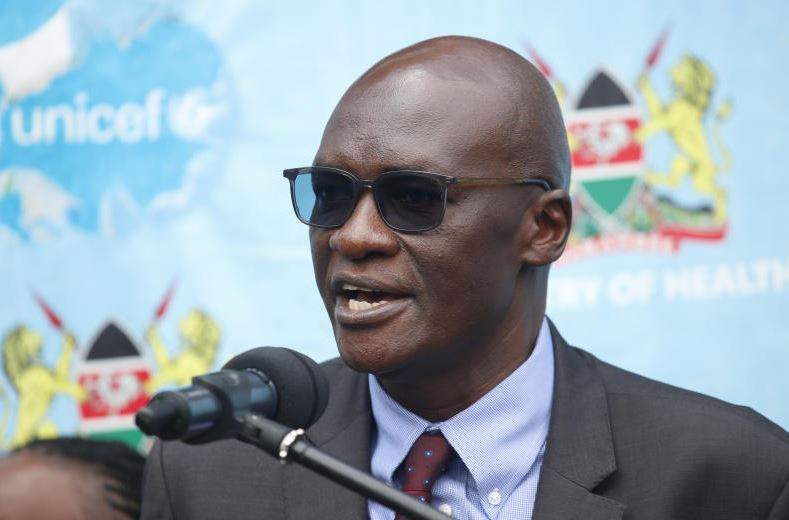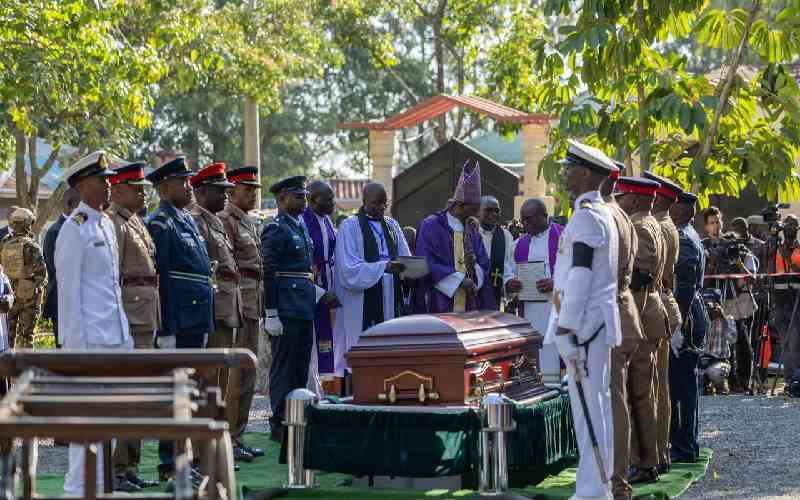On the day that the world was celebrating World Press Freedom Day, some four filmmakers spent the night in the cold cells in Nairobi.
Nicholas Wambugu, Brian Adagala, Chris Wamae, and Mark Denver Karubiu were arrested on Friday evening at their office in Karen, Nairobi and detained at Pangani and Muthaiga police stations respectively, leading to public uproar mostly on social media platforms.
Reportedly, they were questioned in connection with the production of BBC’s Blood Parliament before being released on free bond in Saturday mid-morning hours.
Throughout Friday night, Kenyans on various online platforms pushed for the release of the four with the majority that the arrest was uncalled for.
On behalf of the four, Law Society of Kenya advocate Ian Mutiso said the four were detained for more than 24 hours from the time they were picked, citing that this was against the law.
“They were accused of publishing false information but we are yet to get the particulars; it seems they are being targeted in connection with airing of Blood Parliament by BBC,” said Mutiso adding that it was a directive from the DCI headquarters.
Adding that “At this moment, we don’t have miscellaneous applications on why their offices were raided and their gadgets confiscated but we are following up with the DCI”
Mutiso noted that it was unfair that at this age police were still acting without following due process even without the presence of any advocate.
One of the filmmakers, Nicholas Wambugu, said they were picked by officers from the Directorate of Criminal Investigations and told that they were being pursued in relation to the publication of false information.
“I was part of the people who covered the Gen Z protests and I have participated in other documentaries around the protests, I think that it why I was linked to the documentary,” he explained
The BBC’s ‘Blood Parliament ‘revealed how the police used excessive force on the Genz protestors on June 25, 2024, when Kenyans took to the streets over a controversial Finance Bill.
In the film, the producers also exposed the officers believed to have fatally shot some protestors oustside the national assembly through the piecing up of several videos and images from various media outlets and other sources.
The screening of the film was canceled at the last minute with the media outlet saying it was due to pressure from the authorities.
BBC has, however, clarified that the four were not part of the team behind the ‘Blood Parliament.
Stay informed. Subscribe to our newsletter
However, the arrest has attracted sharp criticism from various stakeholders, with the majority citing that the move was outdated and muzzle freedom of speech.
Kenya Editors Guild (KEG) in a statement termed it as troubling to witness escalation of in action that threaten media freedom and the safety of journalists in Kenya when the world was marking World Press Freedom Day.
“We strongly condemn the recent arrest of journalists, including a freelance team that worked with the British Broadcasting Corporation (BBC) and the arrest of a journalist in Kitui,” said Zubeida Kananu, KEG President.
She added: “We remain deeply concerned about the broader implications such actions have on the press freedom and safety of journalists in Kenya,” stated Zubeida Kananu, KEG President, adding that this was undermining public confidence in the government’s willingness to protect press freedom.”
The editors also raised concerns over threats by the State to withdraw licenses from media houses and the cancellation of government advertising.
“We have verified with the BBC that the filmmakers who were arrested were not involved in the production of the Blood Parliament documentary. However, we remain deeply concerned about the broader implications such actions have on press freedom and the safety of journalists in Kenya. These incidents reflect a chilling effect on investigative journalism and the right to free expression, which must be firmly protected,” said Kananu.
She said that the arrest comes barely a day after Inspector General of Police, through the Police Spokesperson, gave assurances of the safety and security of journalists in the country.
“The continued harassment, arrests, and threats targeting journalists run contrary to that commitment and undermine public confidence in the state’s willingness to protect press freedom. Further, the threats to withdraw broadcast licenses from media houses, the cancellation of government advertising, and other forms of economic and regulatory pressure are unacceptable and must be seen for what they are—attempts to stifle critical journalism and muzzle the press,” she said.
Kenya Union of Journalist Secretary General Eric Oduor condemned the arrest of the filmmakers, citing that this was intimidation and harassment of the media, adding that the BBC content was good and a show of bold journalism.
The Police Reforms Working Group-Kenya (PRWG-Kenya) condemned the arrest of four independent film producers.
In a statement signed by PWRG-Kenya Coalition Members, the group said that while the four film producers were released on free bond, they called on the Directorate of Criminal Investigations to drop the charges of “false publication” against the four and also release their equipment.
“We call on the National Police Services to concentrate its vast investigative resources on finding and charging the Kenya Defence Services and Police officers that have been identified in the BBC Blood Parliament documentary. This is where the public interest lies,” they said.
The Police Reforms Working Group called upon all citizens, civil society and media agencies and partners to stand in solidarity with independent filmmakers, creatives and journalists speaking truth to power and upholding the principles of democracy, justice, and accountability.
“We urge the Government of Kenya to understand that with a failing economy, a burdensome taxing regime and a failed health sector, the ongoing scapegoating of critics and suppression of fundamental freedoms only serves to widen public distrust and disillusionment.”
Kenya Film and Television Professionals Association (KFPTA) also faulted the government for the arrests.
Ezekiel ‘Ezy’ Onyango FRSA Chairperson, of the Association said the four were arrested under unclear circumstances from their studio in Karen.
He said their equipment and data storage hard drives were also seized during the operation.
“KFPTA stands in full solidarity with our arrested colleagues, their families, and the entire creative community. We are mobilising legal and institutional support to ensure that justice is served, their safety is guaranteed, and the right of all filmmakers to create independently and without fear is upheld,” said Onyango.
He called for transparency regarding the charges and the conditions under which the filmmakers were being held.
The arrest also drew government officials, including Head of Presidential Special Projects and Creative Economy Coordination, Dennis Itumb,i who said the arrest was unnecessary.
Meanwhile, PLP party leader Martha Karua questioned the arrest of the four, yet they were not the perpetrators of the executions.








